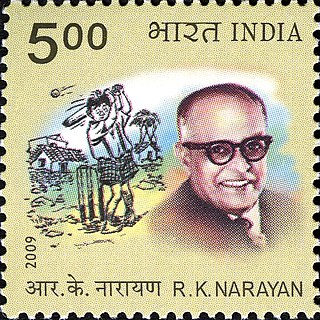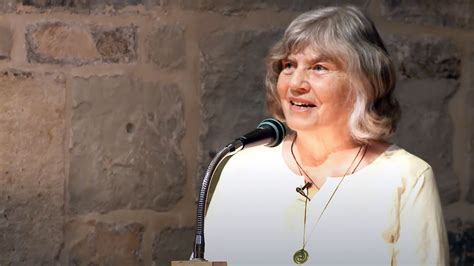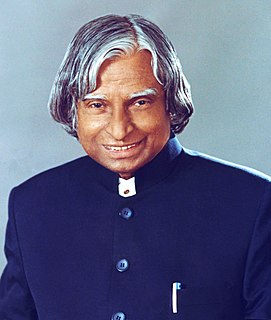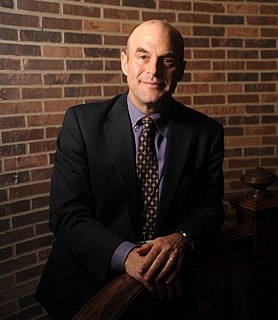A Quote by Pope John Paul II
The dramatic threat of ecological breakdown is teaching us the extent to which greed and selfishness are contrary to the order of creation. ...A given culture reveals its understanding of life through the choices it makes in production and consumption... a great deal of educational and cultural work is urgently needed, including the education of consumers in the responsible use of their power of choice.
Quote Topics
Breakdown
Choice
Choices
Consumers
Consumption
Contrary
Creation
Cultural
Culture
Deal
Dramatic
Ecological
Education
Educational
Extent
Given
Great
Great Deal
Greed
Including
Life
Makes
Needed
Order
Power
Power Of Choice
Production
Responsible
Reveals
Selfishness
Teaching
Threat
Through
Understanding
Us
Use
Which
Work
Related Quotes
Inequality of wealth and incomes is an essential feature of the market economy. It is the implement that makes the consumers supreme in giving them the power to force all those engaged in production to comply with their orders. It forces all those engaged in production to the utmost exertion in the service of the consumers. It makes competition work. He who best serves the consumers profits most and accumulates riches.
I shall argue that it is the capital stock from which we derive satisfaction, not from the additions to it (production) or the subtractions from it (consumption): that consumption, far from being a desideratum, is a deplorable property of the capital stock which necessitates the equally deplorable activity of production: and that the objective of economic policy should not be to maximize consumption or production, but rather to minimize it, i.e. to enable us to maintain our capital stock with as little consumption or production as possible.
The illusion that consumption - and its correlative, income - is desirable probably stems from too great preoccupation with what Knight calls "one-use goods," such as food and fuel, where the utilization and consumption of the good are tightly bound together in a single act or event. ... any economy in the consumption of fuel that enables us to maintain warmth or to generate power with lessened consumption again leaves us better off. ... there is no great value in consumption itself.
A universal renunciation of violence requires the commitment of the whole of society. These are not matters of government but matters of State; not only matters for the authoirities, but for society in its entirety, including civilian, military, and religious bodies. The mobilization which is urgently needed to effect the transition within two or three years from a culture of war to a culture of peace demands co-operation from everyone. In order to change, the world needs everyone.
The effect of the post-Enlightenment project for human society is that all human activity is absorbed into labor. It becomes an unending cycle of production for the sake of consumption. The modern concept of "built-in obsolescence" makes this clear. The cycle of production and consumption has to be kept going, and the work of the artist or craftsman who aims to create something enduring becomes marginal to the economic order.
This education has reduced us to a nation of morons; we were strangers to our own culture and camp followers of another culture, feeding on leavings and garbage . . . What about our own roots? . . . I am up against the system, the whole method and approach of a system of education which makes us morons, cultural morons, but efficient clerks for all your business and administration offices.
I do not accept the fact that conditions that prevent people from attaining their eternal destiny were born into them without any ability to control. That is contrary to the Plan of Salvation, and it is contrary to the justice and mercy of God. It's contrary to the whole teaching of the Gospel of Jesus Christ, which expresses the truth that by or through the power and mercy of Jesus Christ we will have the strength to do all things. That includes resisting temptation. That includes dealing with things that we're born with, including disfigurements, or mental or physical incapacities.
Prayer that works is prayer that makes a difference, contemplation that turns into action, on behalf of peace and justice in a troubled and unjust world system. Prayer is energy, the energy of love and transformative power. It is given to us to use for the good of all creation. In prayer God gives us the fuel of life, and asks us to live it.
I am interested in the political economy of institutional power relationships in transition. The question is one of "reconstructive" communities as a cultural, as well as a political, fact: how geographic communities are structured to move in the direction of the next vision, along with the question of how a larger system - given the power and cultural relationships - can move toward managing the connections between the developing communities. There are many, many hard questions here - including, obviously, ones related to ecological sustainability and climate change.
Managing the power of choice, with all its creative and spiritual implications, is the essence of the human experience. All spiritual teachings are directed toward inspiring us to recognize that the power to make choices is the dynamic that converts our spirits into matter, our words into flesh. Choice is the process of creation itself.
Developed and benefited from the unsustainable patterns of production and consumption which have produced our present dilemma. It is clear that current lifestyles and consumption patterns of the affluent middle class-involving high meat intake, consumption of large amounts of frozen and convenience foods, use of fossil fuels, appliances, home and work-place air-conditioning, and suburban housing-are not sustainable. A shift is necessary toward lifestyles less geared to environmentally damaging consumption patterns.
Nuclear power generation has been given a thrust by the use of uranium-based fuel which US is set to supply to India if the deal comes through. However, there would be a requirement for ten-fold increase in nuclear power generation even to attain a reasonable degree of energy self-sufficiency for our country.
The seventh day of creation is the most eloquent and insightful as to the nature of God. From a literary perspective, the Sabbath forms the pinnacle of the story. Like the dramatic kiss of a soldier returning from war, this is the moment we’re not meant to miss. In choosing rest as the grand finale, God reveals himself as one driven by neither anxiety nor fear but one who finds gladness in both the work of creation and the creation of work.
UNESCO provides protection for the great cultural institutions. There is something called the intangible cultural heritage list. And the Italians want to put Neapolitan pizza on it. But in order to do that, you have to show that whatever it is that you're trying to protect is under threat. And pizza is totally under threat from Pizza Hut and Domino's...
But all the great staining temptations, to selfishness, ambition, and other strong sins that violently affront the soul, appear first in the region of the mind, and can be fought and conquered there. We have been given the power to close the door of the mind. We can lose this power through disuse or increase it by use, by the daily discipline of the inner man in things which seem small and by reliance upon the word of the Spirit of Truth. “It is God which worketh in you both to will and to do of His good pleasure. It is as though He said, 'Learn to live in your will, not in your feelings.'









































